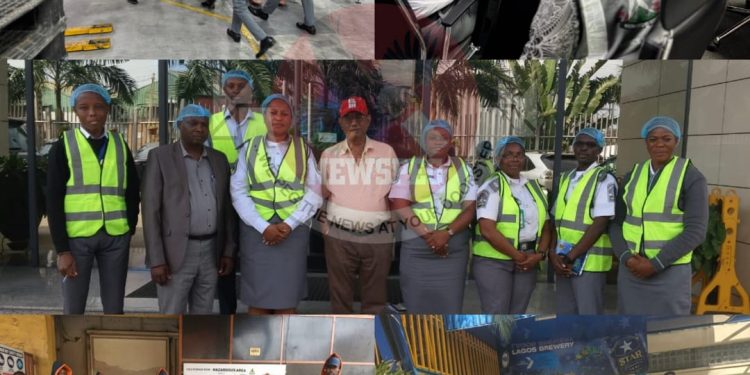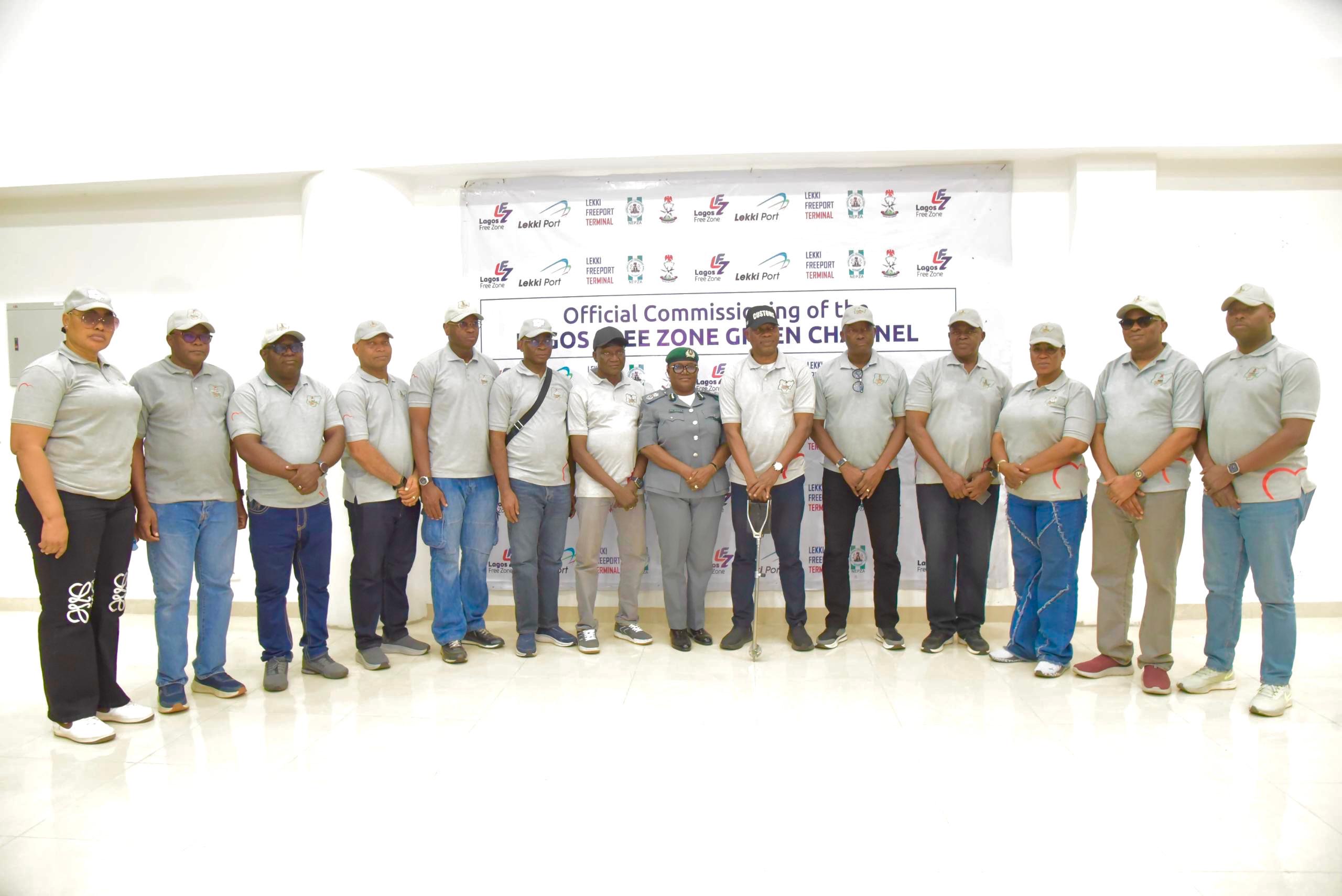By Nkechi Eze
The Nigeria Customs Service (NCS) has commenced the full automation of its excise administration processes with the successful activation of the Automated Excise Register System (ERS), a landmark step in its ongoing trade modernisation agenda.
National Public Relations Officer of the Service, Assistant Comptroller of Customs Abdullahi Maiwada, disclosed in a signed statement that the ERS has gone live following the conclusion of a rigorous pilot phase. The Service undertook extensive field activities including User Acceptance Testing (UAT), system validation, and practical training for both Customs officers and excise factory personnel to ensure the platform’s readiness.
The ERS has now been formally deployed at three strategic excise factories across Nigeria, British American Tobacco Nigeria (BATN) PLC in Oyo State, International Tobacco Company (ITC) Limited in Kwara State, and Leaf Tobacco & Commodities Nigeria Ltd in Kaduna State. According to Maiwada, these factories were deliberately selected as pilot sites due to their pivotal role in the excise sector and their ability to provide a strong foundation for the nationwide rollout.
The pilot phase, conducted between July and August 2025, delivered notable successes. These included achieving a 75 percent efficiency score during UAT at BATN, successful integration of production and reporting systems across the factories, and improved collaboration between NCS and factory management teams.
With the transition to live operations, all excise-related activities at the three factories, from recording production figures to computing duties and generating statutory reports will now be managed exclusively through the ERS. The digital platform is expected to drastically reduce reliance on manual documentation, eliminate inconsistencies in data reporting, and enhance transparency across the excise value chain.
“The adoption of the platform is a crucial step towards building a more accountable and technology-driven excise administration framework,” the NCS stated, noting that the reforms will foster efficiency and boost sustainable revenue growth for the Federal Government.
The Customs Service emphasized that lessons from the pilot phase will serve as a solid blueprint for the system’s expansion nationwide. In subsequent phases, the ERS will be extended to other excise-regulated industries, including beverages, spirits, and additional segments of Nigeria’s manufacturing sector.
The NCS has also appealed to industry operators and stakeholders to embrace the reform, provide constructive feedback, and support its broader Trade Modernisation Project. It said collaboration will be key in building a more transparent excise regime that promotes compliance, operational efficiency, and accountability.















